Unlike some of his contemporaries, Mr. Montaigne believed that seeking one's own glory or fame, keeps one from living a tranquil life.
If you are set on living a tranquil life, then the opinions of others should not matter to you, but if you seek fame, then you are obligated to seek their opinion, and since you are seeking their opinion, you can no longer be tranquil.
In his opinion, we should not of "other people's approval and admiration as being valuable". (p109 philosophers book)
You know I read that and I thought "huh... that is cool"... if we, as believers, realize that God can hear our every thought and idea, would it not cause us to be think through our responses a bit more? Too often we jump the gun, and we act before thinking that we are responsive to a greater being... that being GOD. Fascinating eh?
Anyways, back to talk about this philosopher. :)
Montaigne was born into a catholic family and remained a member of the catholic church his entire life. His family was wealthy and he was educated at home. He made a great friend at age 24 with Étienne de la Boétie. This was an intellectul as well as emotional friendship and they formed a great bond. When de la Boétie died, Montaigne turned to his writing career. Two years after his friend died, he married Françoise de la Chassaigne, and of six children born, only one daughter survived.
He often wrote in a personal manner, which was not the style of the day, and some disagreed with his methods.
Sources:
IEP. Wiki. Britannica.
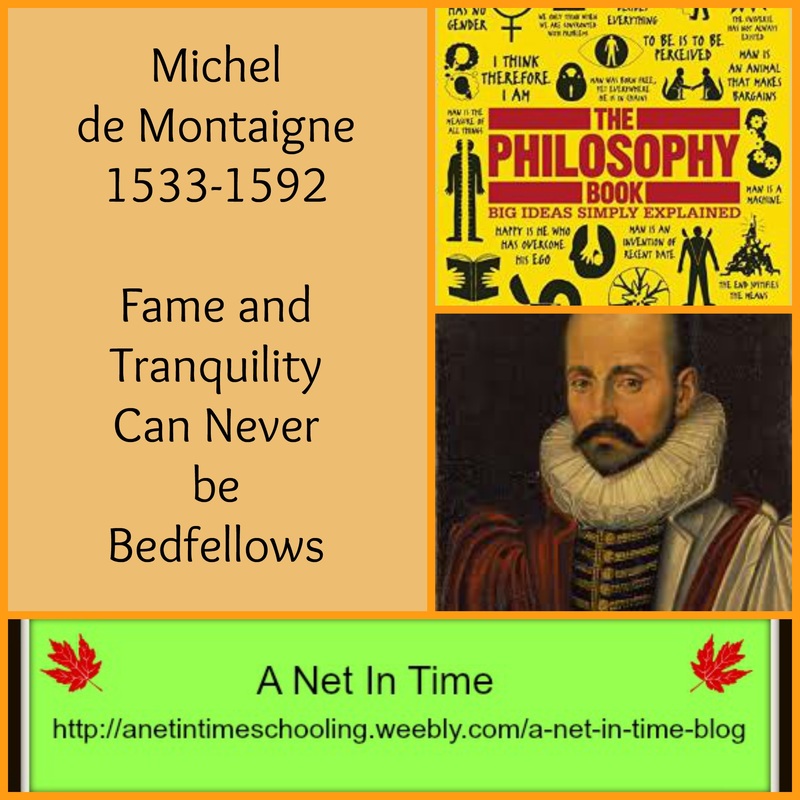


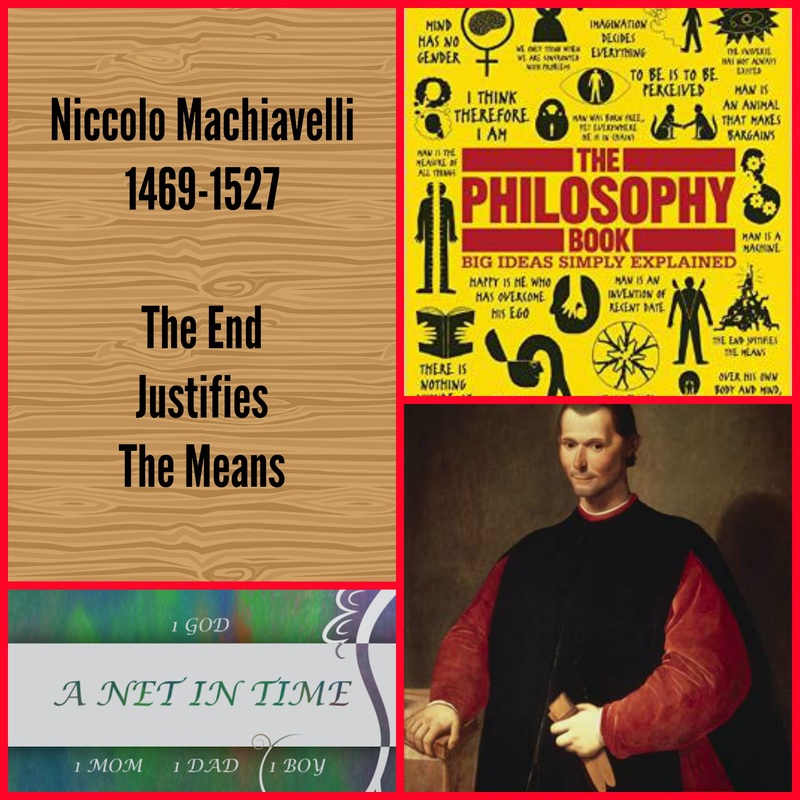
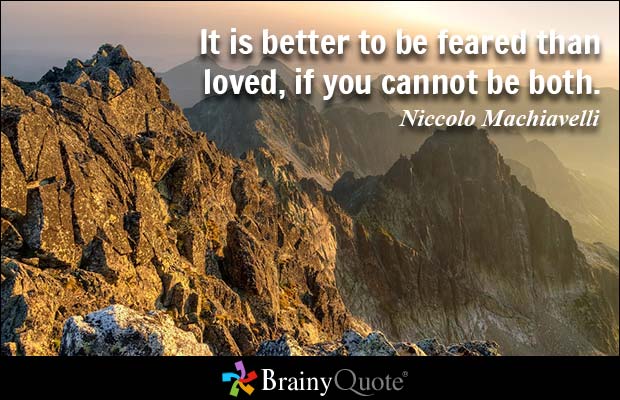
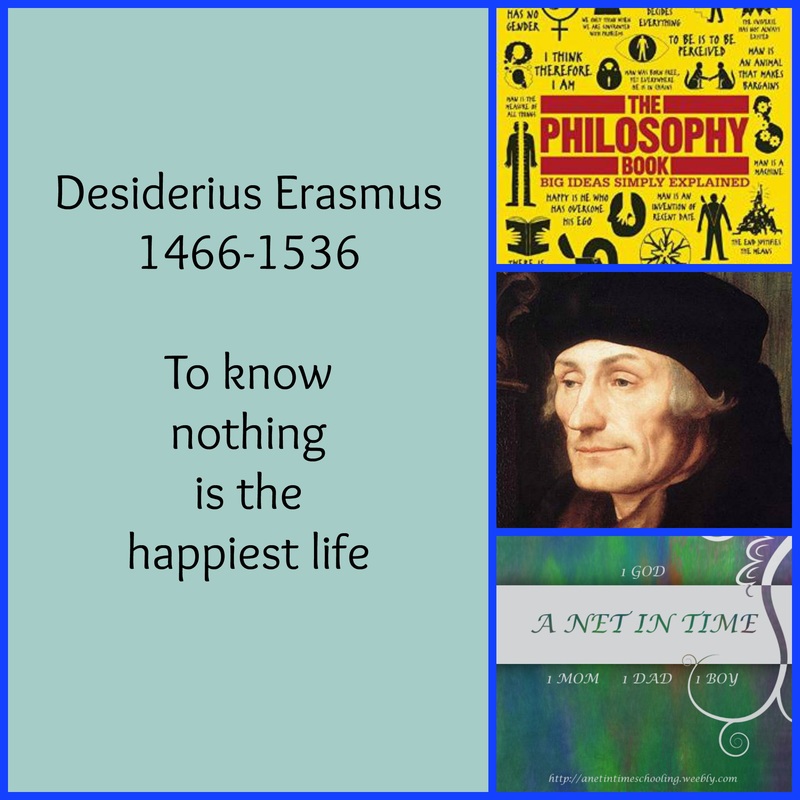

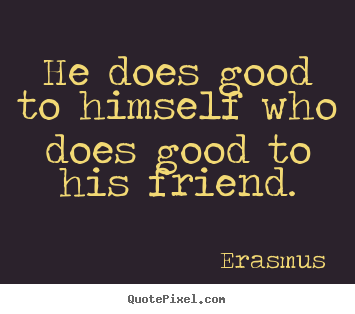
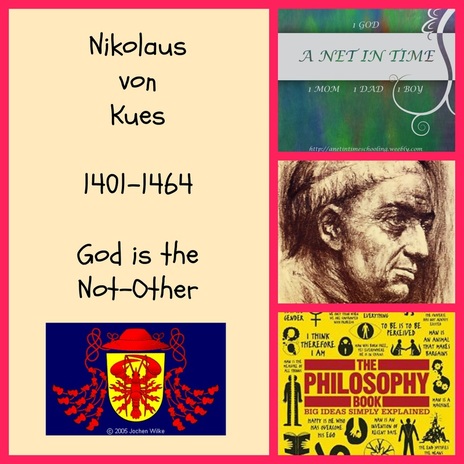
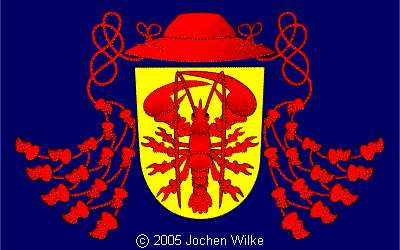
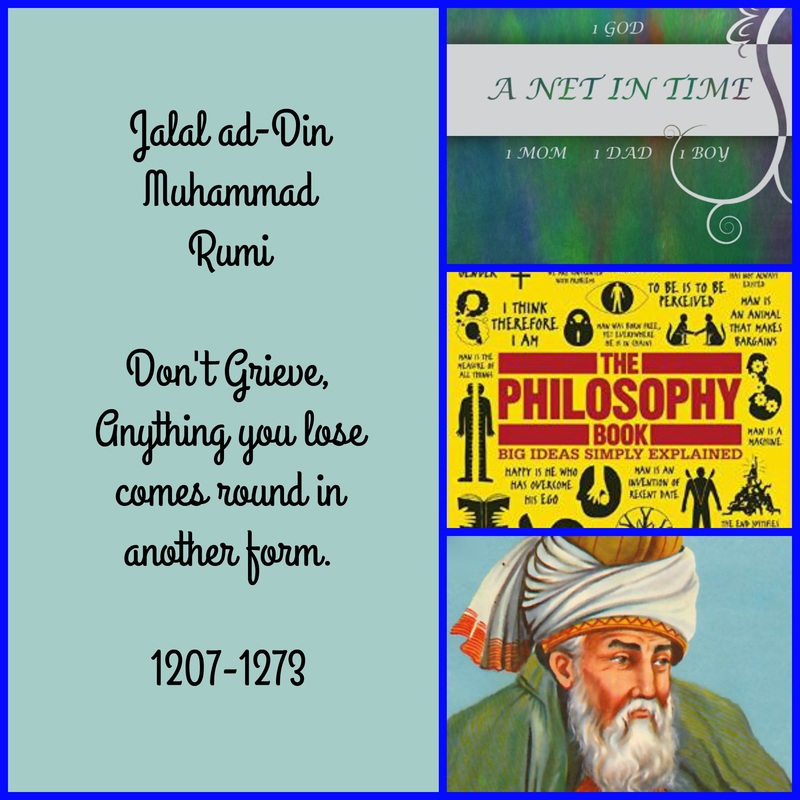
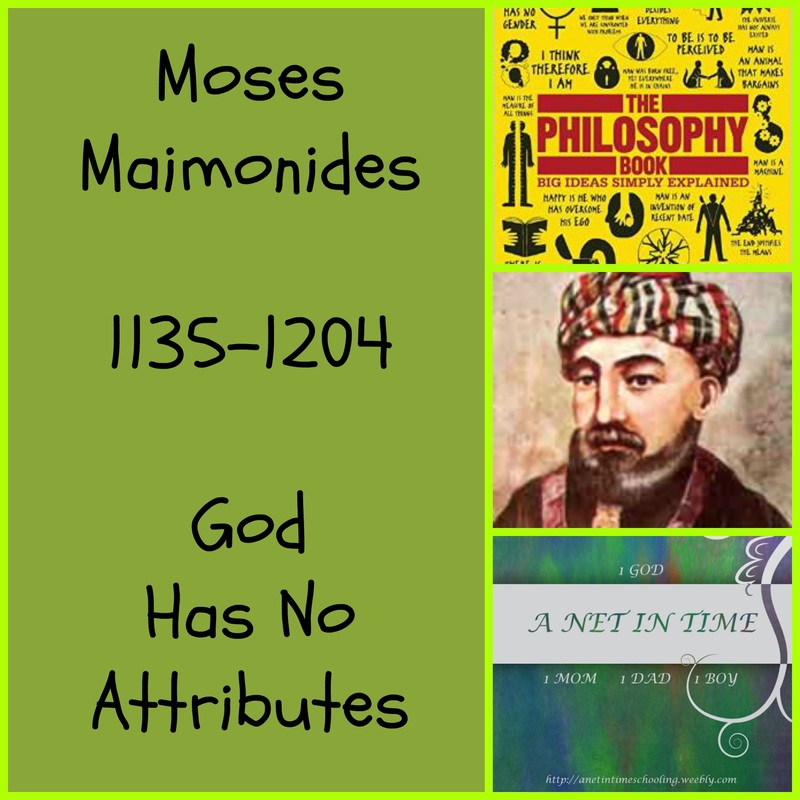
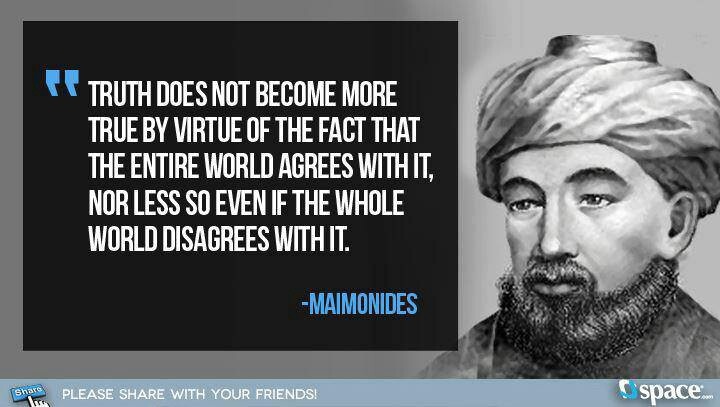
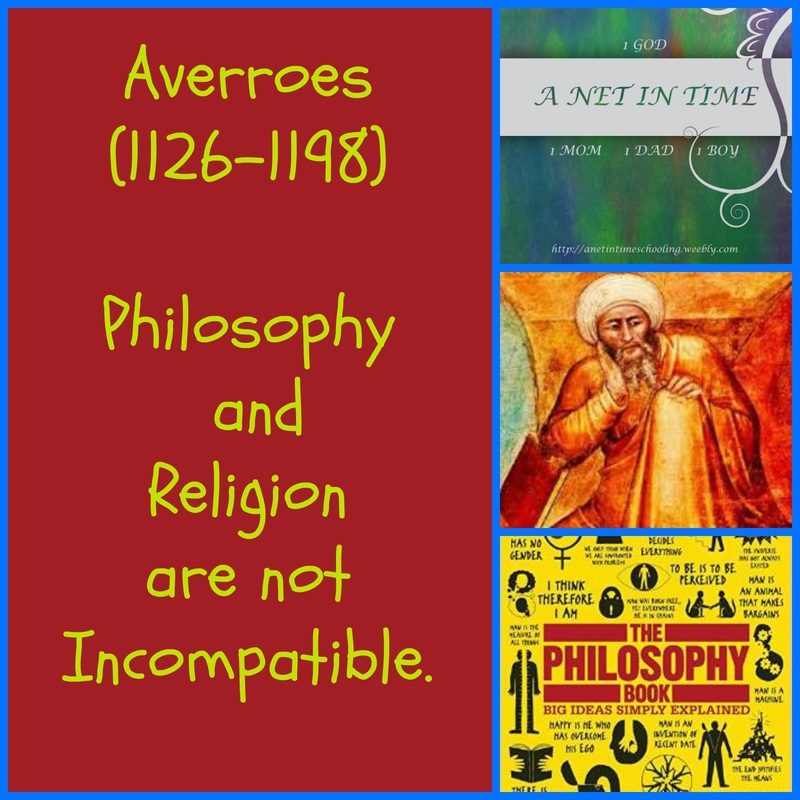
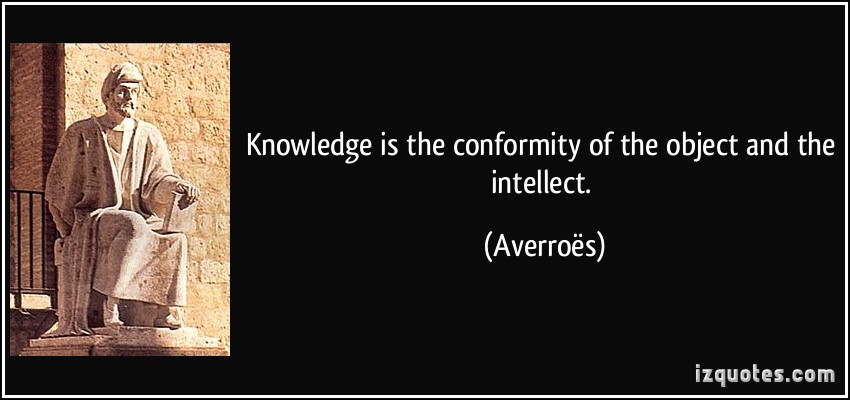
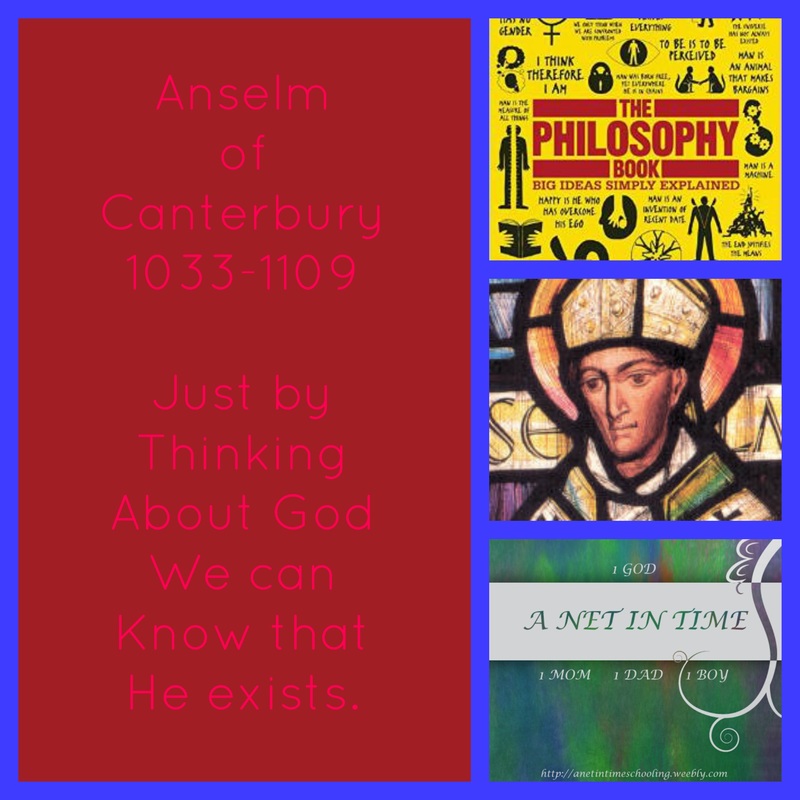
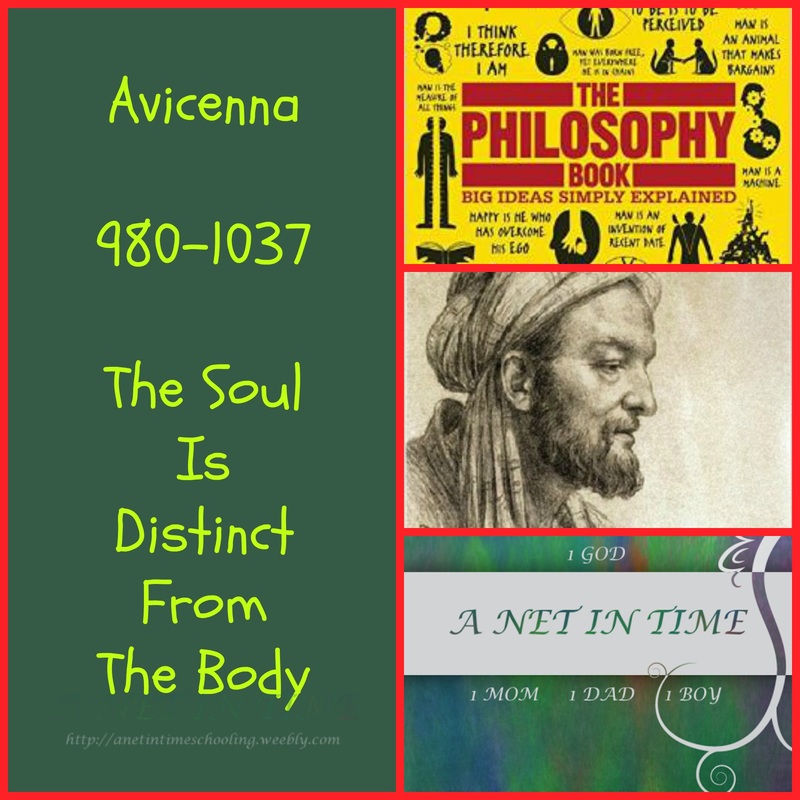
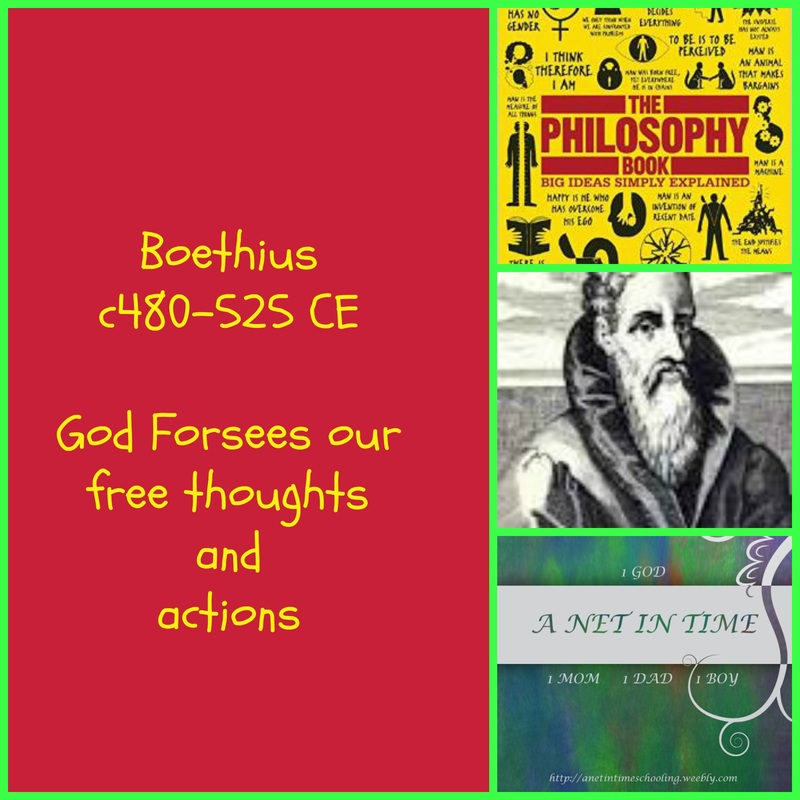







 RSS Feed
RSS Feed



